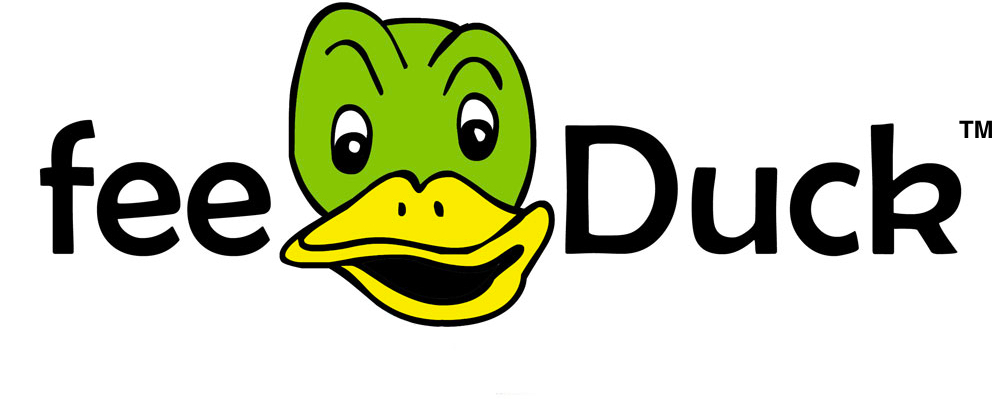Navigating the Toronto Real Estate Market: Are You in a Seller’s or Buyer’s Market?

The dynamic world of real estate in Toronto is a rollercoaster ride, with prices and market conditions constantly shifting. Whether you’re a seasoned homeowner looking to sell or a prospective buyer eager to jump into the market, understanding the current state of the real estate market is crucial. We’ll explore how you can determine whether you’re in a seller’s or buyer’s market in Toronto, focusing on key indicators and trends that impact home selling and buying.
- Market Inventory:
One of the primary indicators of market conditions is the inventory of available homes. In a seller’s market, there is a scarcity of homes for sale, creating increased demand. Conversely, in a buyer’s market, the number of available homes exceeds demand, giving buyers more options and negotiating power. Keep an eye on the MLS (Multiple Listing Service) data for Toronto to gauge the current inventory levels.
- Days on Market (DOM):
The average number of days a property stays on the market is a telling metric. In a seller’s market, homes tend to sell quickly, often within days of being listed. On the other hand, in a buyer’s market, homes may linger on the market for an extended period. Monitoring the DOM can give you insights into the urgency of the market and help you make informed decisions about when to buy or sell.
- Pricing Trends:
Examine the pricing trends in Toronto’s real estate market to discern whether it favors sellers or buyers. In a seller’s market, prices typically rise due to high demand and limited supply. In contrast, a buyer’s market may see more competitive pricing as sellers adjust their expectations to attract potential buyers. Regularly reviewing recent sales data and pricing trends will help you understand the market direction.
- Competition Among Buyers:
Observing the level of competition among buyers is crucial in determining the market type. In a seller’s market, multiple offers and bidding wars are common, with buyers often offering above the asking price to secure a property. In a buyer’s market, there’s less competition, and buyers have the luxury of negotiating with sellers to get a better deal.
- Economic Factors:
Consider the broader economic landscape, both locally and nationally, as it can influence the real estate market. Factors such as employment rates, interest rates, and economic growth can impact housing demand and supply. Stay informed about economic indicators to anticipate market shifts and make strategic decisions.
Navigating the Toronto real estate market requires a keen understanding of whether it’s a seller’s or buyer’s market. By monitoring key indicators like market inventory, days on market, pricing trends, competition among buyers, and economic factors, you can make informed decisions about when to sell or buy a home. Stay vigilant, stay informed, and let the pulse of the market guide you on your real estate journey in Toronto.
Looking to Buy or Sell a home? Let feeDuck save you money, by having top tier real estate agents from the large brokerages compete for your business! Find out more about feeDuck, and our unique reverse auction platform on feeDuck.com
